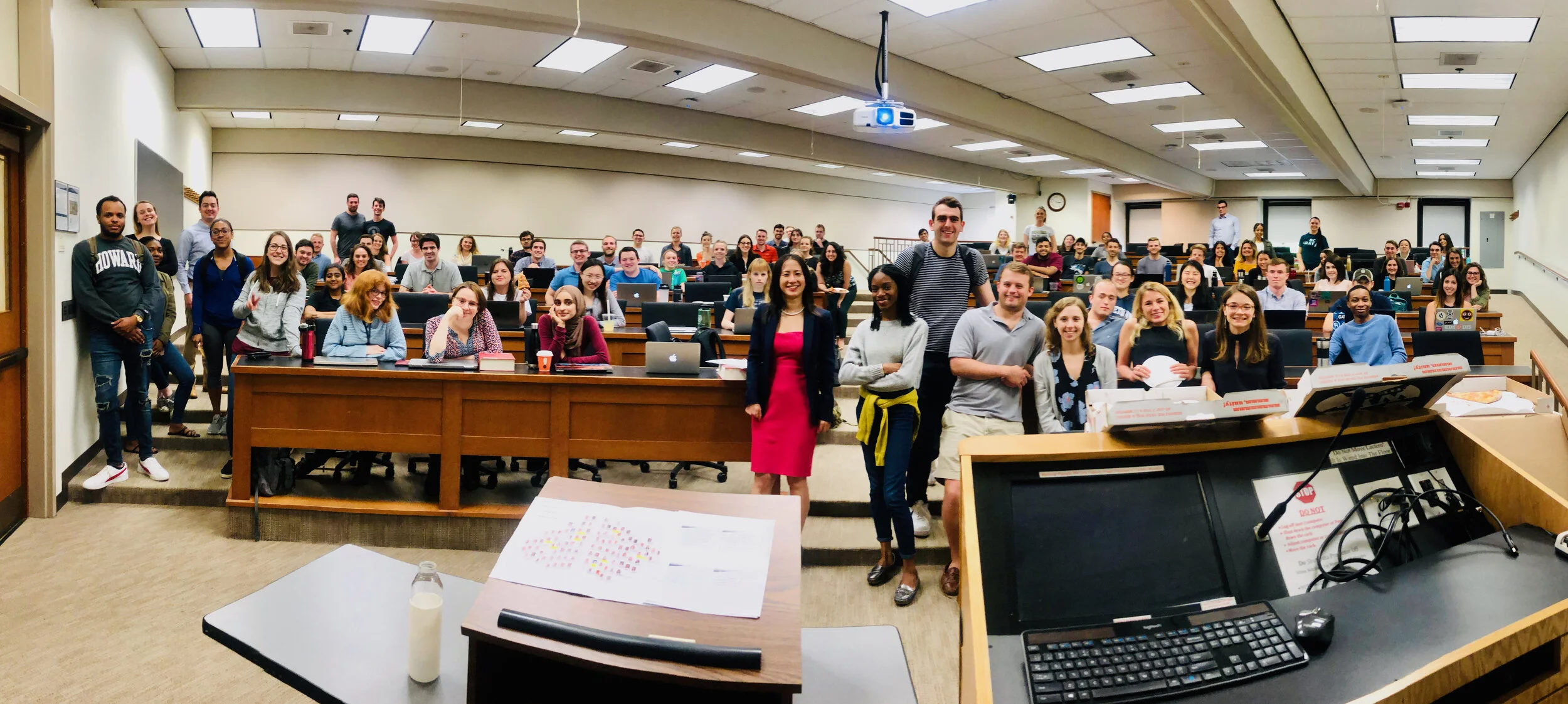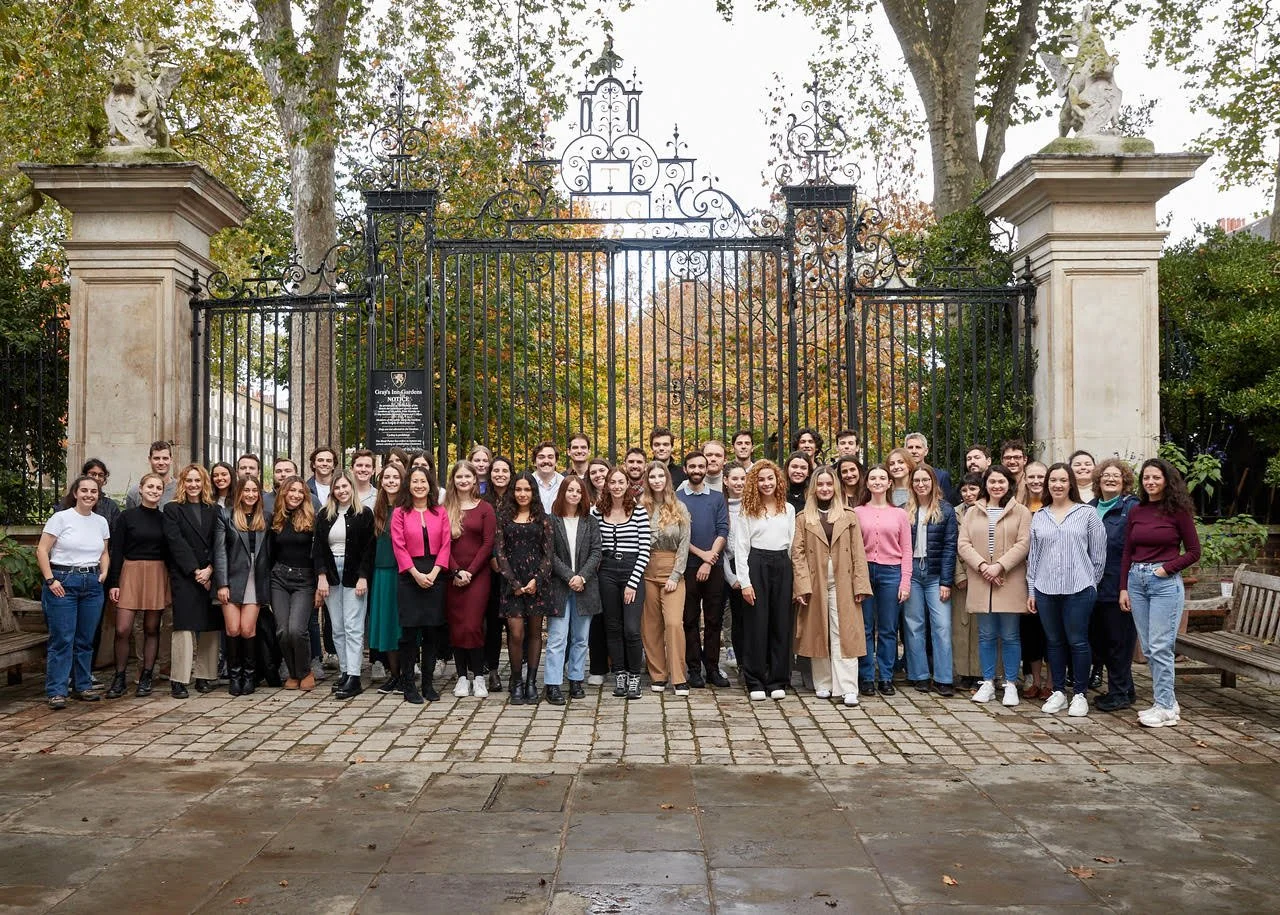
Teaching
Constitutional Law I
This course addresses questions concerning the role of the Supreme Court in resolving legal problems that arise under our fundamental law, as well as issues concerning the Constitution's distribution of power between the national and state governments and among the branches of the national government.
Comparative Constitutional Law
How to lose and save a constitutional democracy? How to prevent democratic backsliding? How to design a constitution? Can constitutions exist without constitutionalism? What is an authoritarian constitution? How do constitutions transitions and change occur? What forms of judicial review do courts employ? Is it possible to have an unconstitutional constitutional amendment? How do courts across the world interpret constitutions? Can constitutions be employed abusively?
Comparative constitutional law has exploded in contemporary constitutional practice and as a field of study. Events around the world—from Asia and the Middle East to Europe and Latin America—underscore the importance of understanding how constitutional democracies are born and how they can collapse. In this course, we will explore constitutions in global perspective, examining issues of constitutional structure and rights across comparative constitutional systems. We will cover topics like constitution-making, constitutional change, constitutional amendment, judicial review, and constitutional interpretation. Drawing on examples across the world, we will also examine individual rights issues, such as freedom of religion, as well as constitutionalism in times of national emergency and in fragile democracies.
Religion and Constitutions in Global Perspective
All constitutions around the world deal with religion. Some constitutional systems are theocratic, some accommodate religion, while yet others advocate neutrality toward religious institutions or call for a strict separation between religion and the state. This course examines core questions regarding how religion and law interact in constitutional systems globally. We will explore the role of religion and the state drawn from comparative contexts including Asia, the Middle East, and Europe. We will evaluate the challenges faced by the different models of the relationship between the state and the church (or mosque) in our modern world. To what extent is liberal constitutionalism consistent with constitutional designs that privilege a particular religion? Should religion or secularism ever be placed beyond constitutional change, like through constitutional eternity clauses?
We will also consider the individual right of religious freedom and the scope of its protection globally. What counts as “religion” and religious freedom? Who is better placed to make these determinations—the courts, legislature, executive, or the people? We will discuss controversies relating to these questions, such as apostasy, religious conversion, religious symbols, and bans on religious dress like headscarves and burkinis. This course will also explore contemporary issues relating to religion and gender, multiculturalism, religious arbitration, and conscience claims.
Center for Transnational Legal Studies in London
The Center for Transnational Legal Studies in London is a one-of-its-kind global partnership in legal education, encompassing students and faculty from more than a dozen world-class law schools. CTLS brings together faculty, students and practitioners from a broad diversity of legal cultures to study international, transnational and comparative law.
Professor Tew is the Georgetown Faculty Director and the Academic Co-Director (2023-2024) of the Center for Transnational Legal Studies in London. At CTLS, Professor Tew teaches the Core Course in Transnational Law and co-convenes the weekly Transnational Law Colloquium as well as the Lectures in Transnational Justice.
Core Course: Transnational Law: Introduction and Selected Issues
This course seeks to introduce students to the various forms of law that comprise “transnational law.” Philip Jessup, who coined the term, defined such law as “all law which regulates actions or events that transcend national frontiers . . . [including] [b]oth public and private international law . . . [and] other rules which do not wholly fit into such standard categories.” These “other rules” might be rules of private international law, which seek to regulate persons or transaction situated or occurring, at least in part, beyond the state’s physical borders. Today, the category of “other rules” that Jessup sought to highlight has grown considerably and include some non-state-based regimes such as, investment protection schemes and social media community standards, international regimes closely associated with domestic law, such as international human rights law and international criminal law, and comparative constitutional law. Through a series of case studies and exercises, the course aims to familiarize students with the principal forms of transnational law and the relations among them.
Transnational Law Colloqium and Lectures in Transnational Justice
The Transnational Law Colloquium meets weekly for presentations by leading academics and practitioners on topics of current international, transnational or comparative law interest. Each meeting will involve the presentation of a paper, brief comments, and a discussion with the author/presenter among all participants. Attendees will be the Center’s students, faculty and invited guests. Students, who will be divided up and each assigned to attend a sub-set of the colloquia, will write short responses to two of the papers in advance of the meeting.
The Lectures in Transnational Justice are similar to the Colloquia; however, they are more formal, have a higher profile, and are aimed at the wider CTLS community within London. There will be two lectures each semester delivered by scholars or practitioners with significant transnational experience.



